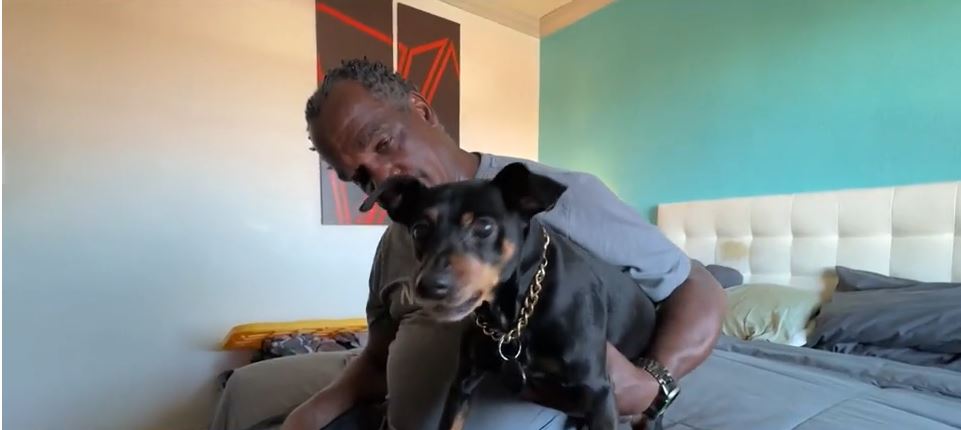Berkeley’s cash-for-RV program helps clear encampment, offers model for homeless solutions

By Ryan Yamamoto
Click here for updates on this story
BERKELEY, California (KPIX) — A buyback program offering cash to people living in their RVs may become a model after the City of Berkeley effectively cleared out a homeless encampment this past January.
It was so successful that UCSF Benioff Homelessness and Housing Initiative began a study to understand what works and what doesn’t work when asking people to move from an encampment into a shelter.
For several years, Mike Jones had lived in his van at the notorious encampment on 2nd Street between Cedar and Page, until this past January, when he accepted an offer to get off the streets.
“The program chose me, I won’t say I chose the program, they came around, they had a plan, and I needed change,” said Jones.
The change came in the form of cash payment for his van, but also his own room at the Capri Motel on University Avenue, where, after several months working with outreach workers, he is now eligible to move into housing.
“I’m waiting for placement, now,” said Jones. “They helped me get my affairs in order, paperwork, Social Security Card, ID, and even my birth certificate.”
Jones is one of 56 residents, according to the UCSF study, who decided to sell their vehicle and move out of the 2nd Street encampment that the City of Berkeley had marked as a top concern.
“I think there is only one word to describe it, which was dangerous,” said Peter Radu, who serves as manager for the city of Berkeley’s Neighborhood Services. “Scattered needles, raw sewage, active rodent burrows, you name it.”
According to city documents, between August 2023 and July 2024, police were called to the encampment 369 times — 33.1% for high-priority calls. The fire department was called 81 times — 38 for fires and 43 for medical emergencies.
Instead of just clearing the encampment, the city of Berkeley, through the state’s Encampment Resolution Fund, offered cash for people’s RVs, $175 per linear foot, $5,250 for a 30-foot vehicle.
The deal came with a few conditions. Residents would receive 15% of the cash payment up front when they moved into the motel, and the rest of the cash once their vehicle was towed. And if they choose not to stay, they could keep the 15%, no questions asked.
“If folks are really attached to this RV as their last remaining asset, that asset is not liquid. What if we liquefy that asset for them in the in the form of a cash payment?” said Radu. “And we found that overwhelmingly, for 29 out of the 32 vehicles that we targeted, the answer to that was, yes.”
The motel room also provided residents, a sense of security and privacy, and a place to store their belongings.
“We had seen how the use of motels and other non-congregate spaces where people have the dignity of their own private room compels folks who are, you know, previously reluctant to engage with homeless shelters to accept our offer and to move inside,” said Radu.
Jones admits if he were offered a traditional shelter bed, he would have declined the offer.
“The rooms are beautiful, you get a shower, you got microwaves, fridge freezer in there,” said Jones.
The motel, which is operated by the nonprofit Dorothy Day House, also provides meals, additional storage, a bike parking lot and allows people to bring their pets. The real goal is to get residents out of the motel and through the lengthy process of permanent housing.
“We’ve had four to five different people that have moved into permanent housing,” said Dorothy Day House Program Director Roshone Atkins. “We’ve also had some people reunite with family, which is really important because a lot of times when you’re out, in an encampment, you’re disconnected from your children or your sisters and brothers. And so, they have had the opportunity to reconnect with family.”
Jones said the staff treat him and the other residents who moved from the encampment with respect.
“They don’t look at you in a down way in nothing,” he said. “They understand, you know, because it could be them one day. You just never know.”
The city is now looking to replicate the program by clearing a series of RV encampments in West Berkeley around Grayson St. and Dwight Way.
Currently, they are working to secure funding to master lease a 32-room motel, contract with Dorothy Day house, and pay for another RV buyback.
Please note: This content carries a strict local market embargo. If you share the same market as the contributor of this article, you may not use it on any platform.